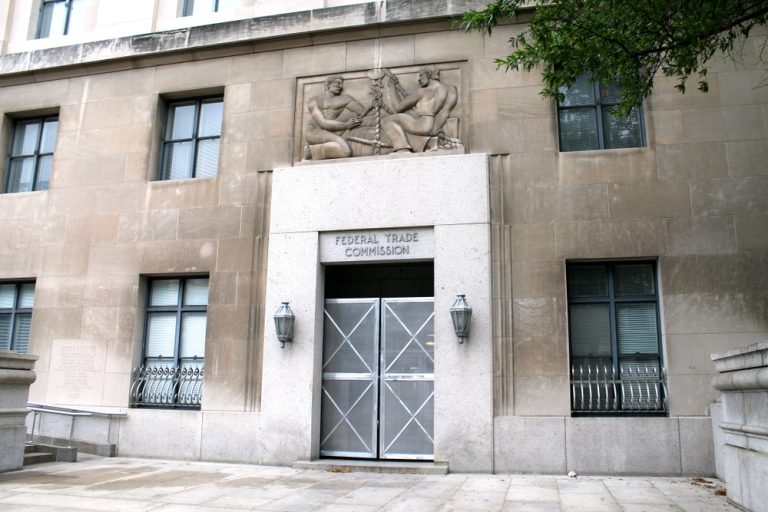Medical Malpractice Update: Doctor Patient Privilege After Hasan v. Garvar
Medical Malpractice Update: Doctor Patient Privilege After Hasan v. Garvar
In December, the Florida Supreme Court released its opinion in Hasan v. Garvar and reinforced the already expansive scope of doctor-patient confidentiality. 2012 WL 6619334 (Fla. Dec. 20, 2012); see also § 456.057(8), Fla. Stat. (2012). In the case, a patient sought treatment from two dentists. Ultimately, the patient sued the first dentist and his dental practice. The parties agreed that the subsequent treating dentist would not be a defendant, but the second dentist’s insurance company still hired and paid for an attorney to meet with her before her deposition. This attorney assured the parties that only non-privileged information would be discussed. Nevertheless, the patient sought a court order prohibiting the meeting. It should be noted that the same insurance company insured both dentists and was paying both dentists’ lawyers. The Florida Supreme Court determined that such meetings are forbidden.
Specifically, the court, in a 5-2 decision, held that unless a treating physician has been sued or reasonably expects to be sued for malpractice, he or she may not engage in any ex parte meetings with an attorney provided by the defendant’s insurer, even if the physician does not intend to discuss any privileged information. The scope of the court’s ruling is ambiguous. In some paragraphs, the court frames its decision as barring only ex parte communications between a nonparty treating physician and counsel selected and paid for by the defendant’s insurer; but in others, the court refers to its holding as prohibiting communications with all others outside the confidential, physician-patient relationship. Chief Justice Polston’s dissenting opinion refers to this latter characterization as “breathtakingly broad,” as it could be interpreted to mean nonparty treating physicians may not even seek the advice of lawyers they hire independently. However, the rule is also arguably narrow in scope and limited to a situation in which a defendant’s insurance company retains attorneys for both the defendant and the nonparty physician.
The court seems especially concerned with the possibility of inadvertent disclosures and the legal system’s inability to guard against discussions of privileged information once the doors to a private meeting are closed. This decision likely does more harm to doctors’ rights than good to patients’ privacy rights. As Chief Justice Polston writes, “The practicing physicians…of Florida deserve more respect as professionals who are faithful to their oaths of ethical conduct” than the majority’s opinion gives them.
Unfortunately, Hasan v. Garvar clearly prohibits ex parte meetings between an attorney hired by a defendant’s insurer and a treating physician who is not a defendant and does not reasonably expect to become a defendant. The decision may also restrict a treating physician’s right to the advice of counsel with respect to depositions involving patients who are not claimants or potential claimants in medical malpractice litigation against the physician. Doctors in this position may want to insist that their lawyers be present for any pre-deposition conferences with the claimant’s counsel.








